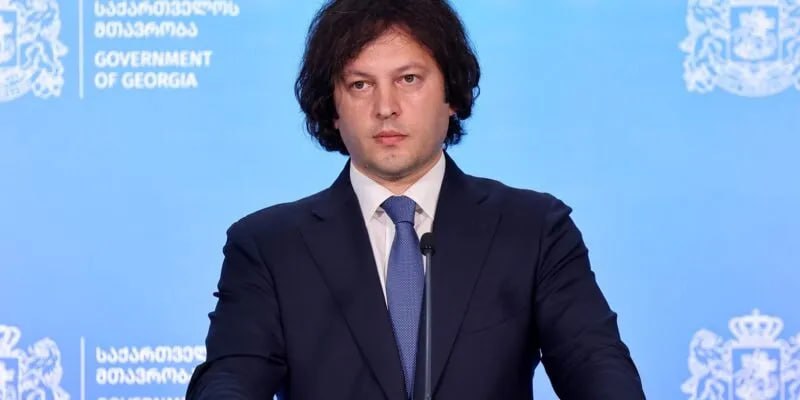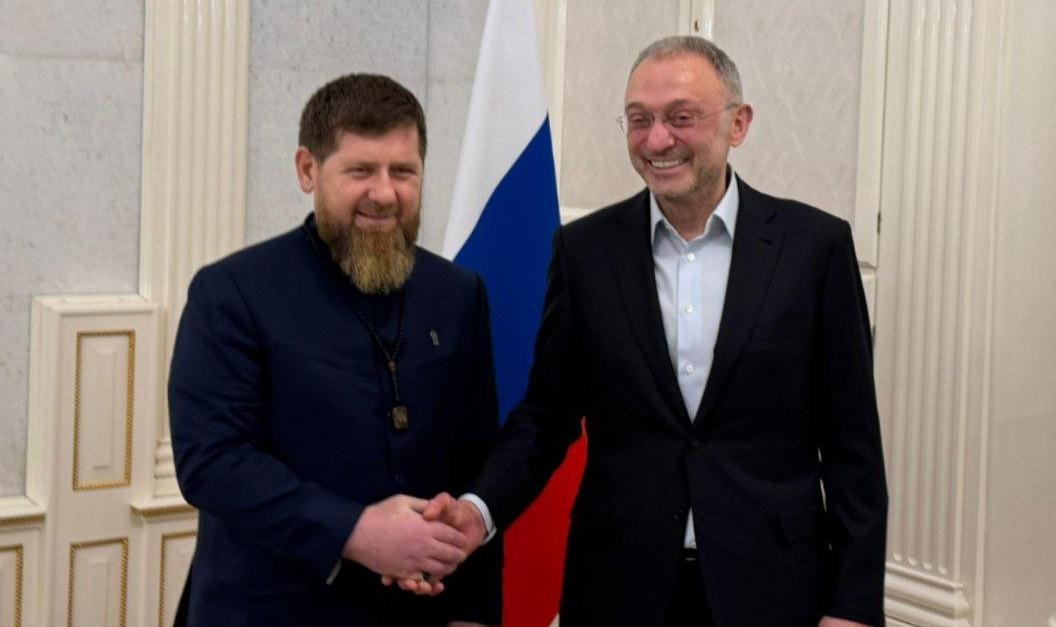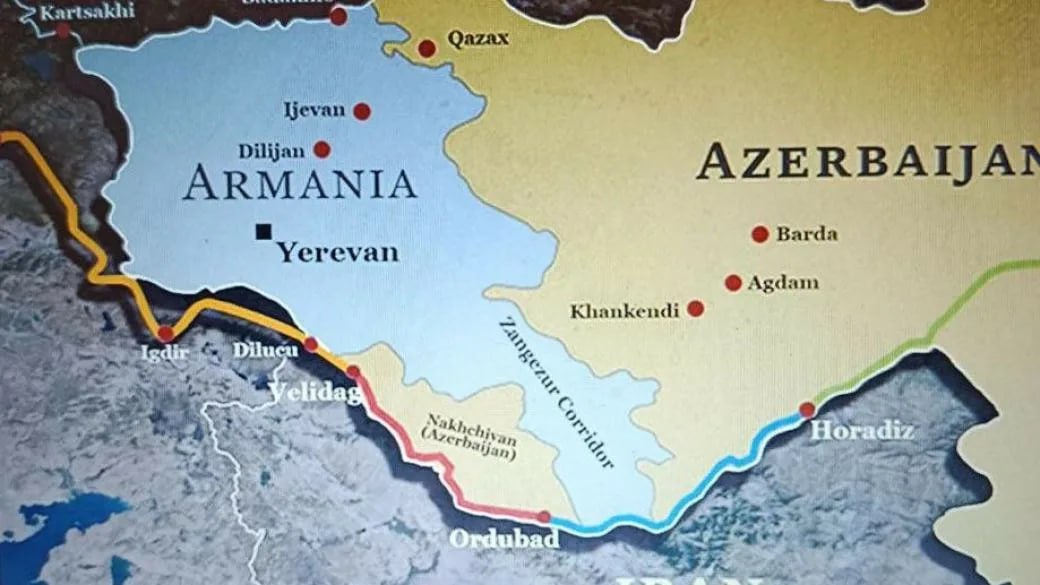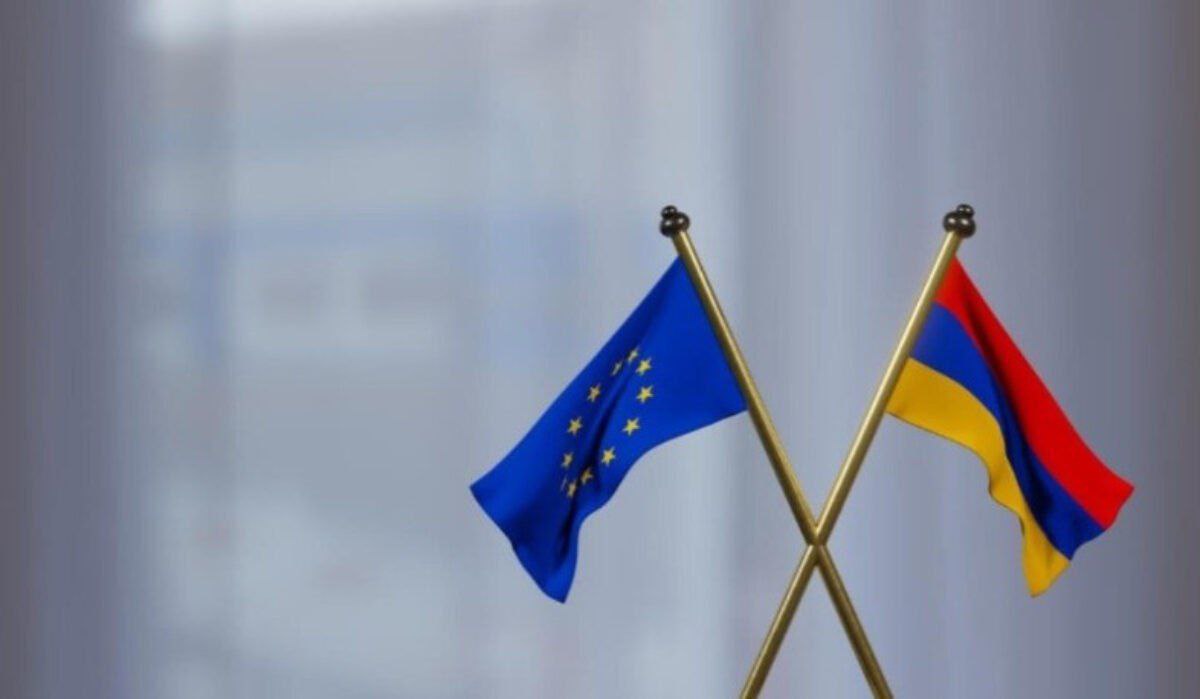Today, Chechen leader Ramzan Kadyrov posted a joint photo on his Telegram channel with the senator from Dagestan, billionaire Suleiman Kerimov, with whom he had a violent conflict last summer and fall. Kadyrov and Kerimov found themselves on opposite sides of a family dispute over the Wildberries marketplace.

Ahead of the parliamentary elections, the State Security Service (SSS) of Georgia issued a statement about a possible provocation against government officials.
"Groups associated with political circles are planning to distribute video and audio recordings edited using artificial intelligence and other modern technologies in the days leading up to the upcoming parliamentary elections in Georgia (October 26)," the agency said in a statement.
The SSS emphasized that the purpose of such provocations is to incite confrontation between the branches of government and hostility between the government and the Orthodox Church, as well as to worsen relations between the government and Western partners.
Georgian Prime Minister Irakli Kobakhidze, commenting on the SSS statement, noted that it was about "the radical opposition and its foreign patrons who do not want good" for the country.
A few days ago, he noted that the Georgian authorities do not rule out "serious provocations" from the opposition before the parliamentary elections and called on law enforcement officers to be especially vigilant.
"We do not rule out even the most serious provocations that were planned in 2016. The radical opposition is in complete hysteria. They have complete data that only two parties have a chance of [overcoming] the electoral barrier and their overall result is slightly more than 20%," the Georgian Prime Minister said.
He called on law enforcement officers to be especially vigilant during the elections.
Earlier, three months before the elections in Georgia, the investigation into the alleged planned coup d'etat intensified. The State Security Service began mass interrogation of Georgian volunteers who participated in the Russian-Ukrainian war on the side of the Armed Forces of Ukraine. According to the SSS, they may be accomplices in the impending revolution.
In the run-up to the parliamentary elections in Georgia, Western politicians are increasingly accusing the country's authorities of deviating from the course of European integration. Some diplomats directly call the Georgian authorities pro-Russian. In particular, the law "On the transparency of foreign influence" initiated by the ruling party and already in force was perceived by the West as an analogue of the Russian legislation "on foreign agents", which contradicts European values. At the same time, Georgia officially strives to join the EU and maintains relations with NATO.
The ruling party calls the statements of the leaders of European countries interference in the country's internal affairs, explaining them as an attempt to influence the results of the upcoming elections, which will take place on October 26. The main confrontation will unfold between the ruling "Georgian Dream" and the opposition. The ruling party accuses the latter of destabilizing the situation in Georgia, attempting to stage a coup d'etat and, upon gaining power, drag the country into war. The founder of the Georgian Dream, billionaire oligarch Bidzina Ivanishvili, has repeatedly stated that opposition parties will be banned in the future if he wins the elections.



